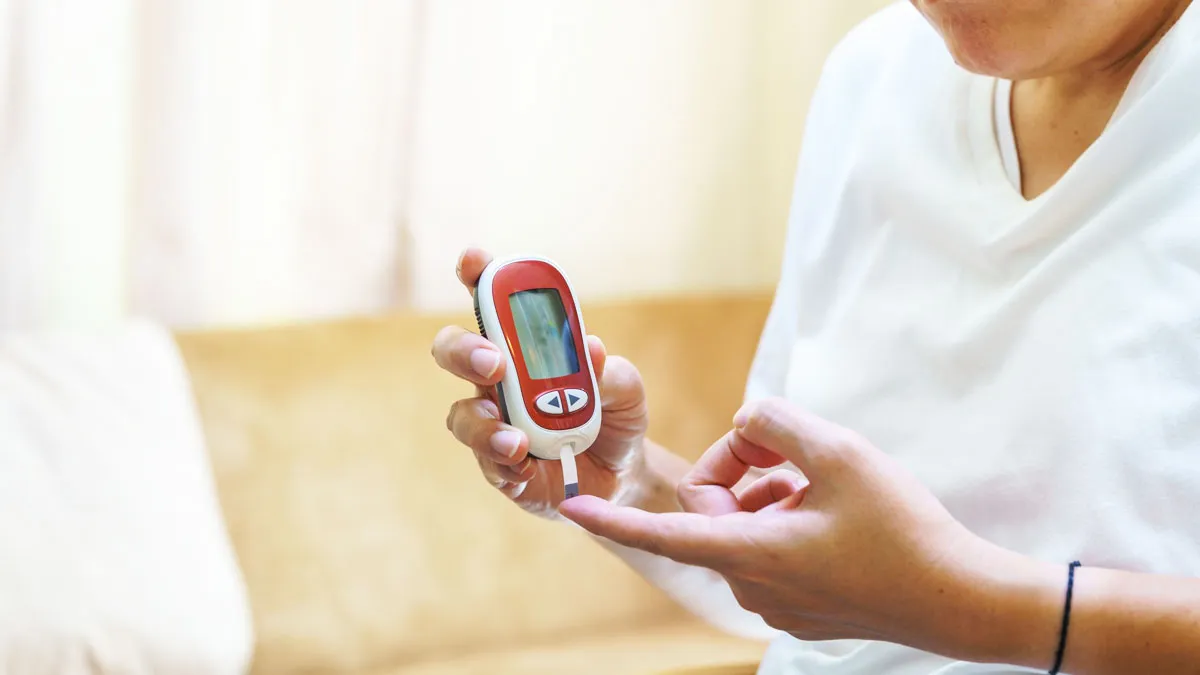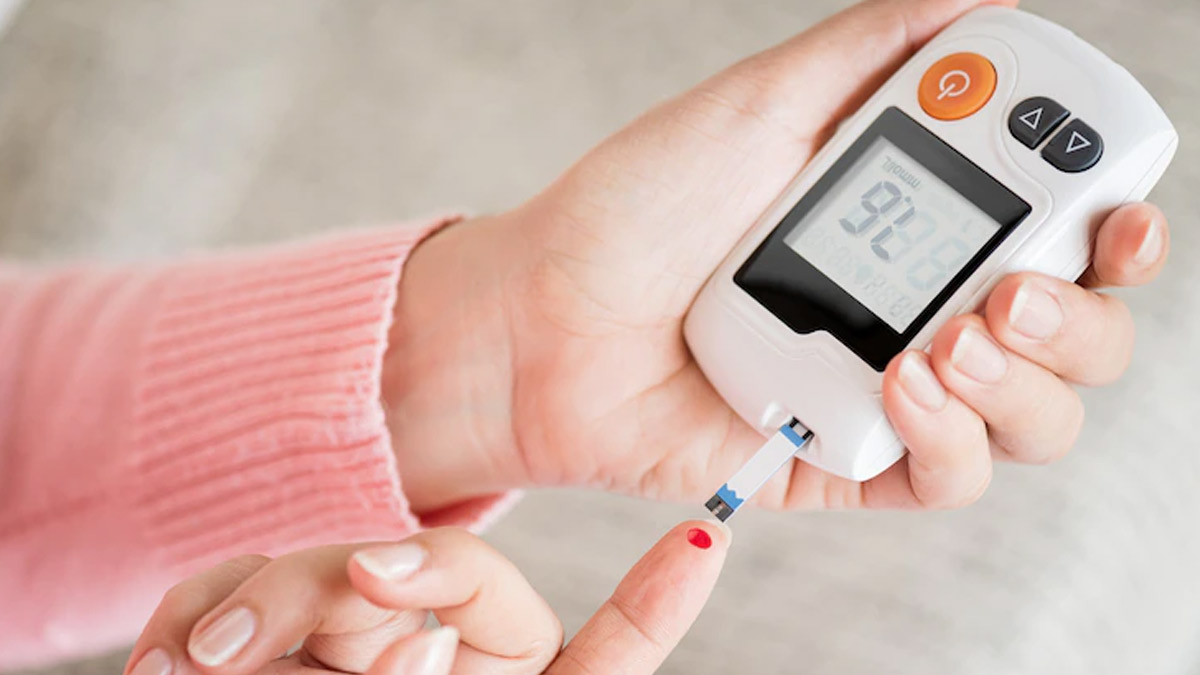
Diabetes management extends far beyond keeping tabs on blood sugar and eating a healthy diet. Supplements and vitamins are sought by many people in hopes of boosting overall well-being. Although some nutrients such as Vitamin D, magnesium, and omega-3 fatty acids have been shown to assist with improved glucose levels, there are vitamins that will harm diabetics by elevating blood sugar or counteracting medication.
Table of Content:-
In an exclusive interaction with the editorial team of Onlymyhealth, our expert, Dr Eileen Canday, Nutritionist, Sir H N Reliance Foundation Hospital, Andheri East - Mumbai, warned that if you have diabetes, these three vitamins you should totally stay away from, or in the very least, only under the supervision of a doctor.
Vitamins Diabetics Should Absolutely Avoid
Here are those three vitamins you need to avoid as a diabetic:
1. Vitamin B3 (Niacin)
Niacin is often praised for its cholesterol-lowering benefits, but it comes with a downside for diabetics. Studies show that niacin can raise blood glucose levels and worsen insulin resistance, making it harder to maintain healthy sugar levels. For those already struggling with fluctuating glucose, niacin supplementation can tip the balance in the wrong direction. If cholesterol management is a concern, talk to your doctor about safer alternatives.
Why avoid it?
- Raises blood sugar
- Reduces insulin sensitivity
- Interferes with diabetes medications
Also Read: Expert Shares Things You Should Know About Using Biotin For Hair Growth

2. Vitamin E (High-Dose Supplements)
While Vitamin E is a potent antioxidant, in large dosages it can prove dangerous to diabetics. High levels of Vitamin E could promote the occurrence of hemorrhagic stroke and, in rare instances, disrupt blood clotting. More significantly, Vitamin E, taken in large dosages, can interact with some diabetes drugs, resulting in uncontrolled blood sugar levels. Whereas small quantities from food sources (such as nuts and seeds) are safe, high-dose Vitamin E capsules should be avoided unless for prescription.
Why avoid it?
- High doses associated with risk of bleeding
- May cross-react with insulin and oral diabetes medications
- Produces unpredictable blood sugar effects
3. Vitamin C (High Doses)
Vitamin C is crucial for immunity and wound healing, but excessive intake can be a problem for diabetics. Taking high-dose Vitamin C supplements can also disrupt glucose testing for blood sugar, producing false low or high test results. This can result in life-threatening insulin or medication dose mismanagement. Excess Vitamin C may also contribute to formation of kidney stones, already a risk for some individuals with diabetes.

Why avoid it?
- Can change accuracy of blood sugar tests
- May increase risk of kidney stones
- Large doses may destabilise glucose control
Bottomline
Not every vitamin is good for diabetics, and in certain situations, supplements can be more harmful than helpful. Although niacin, high-dose Vitamin E, and high-dose Vitamin C are to be used with caution, the healthiest means to control diabetes is through a balanced diet, routine exercise, correct medication, and physician-approved supplementation.
Also watch this video
How we keep this article up to date:
We work with experts and keep a close eye on the latest in health and wellness. Whenever there is a new research or helpful information, we update our articles with accurate and useful advice.
Current Version
Sep 13, 2025 18:25 IST
Published By : Tanya Srivastava